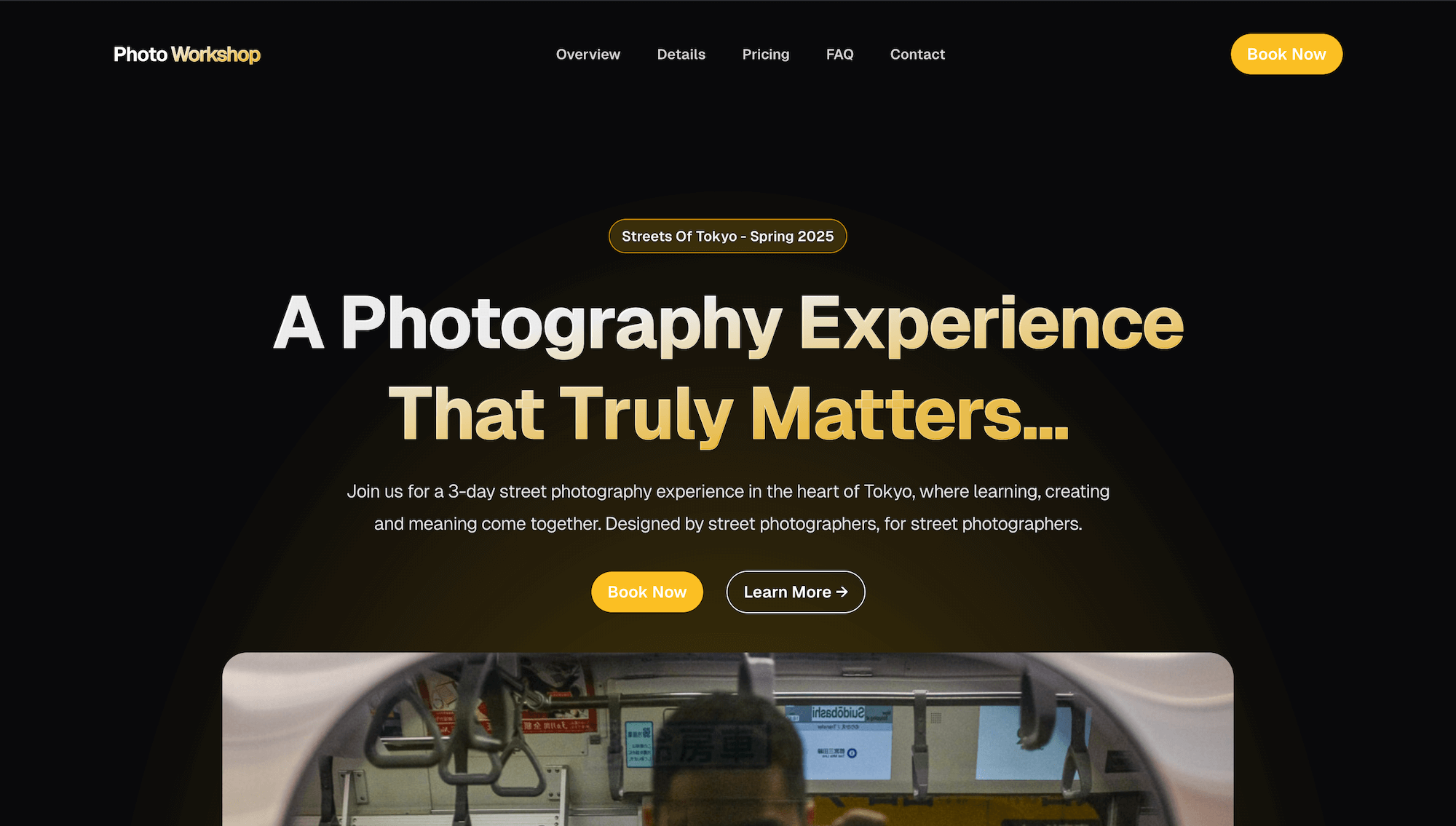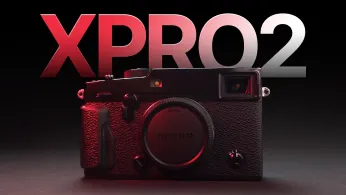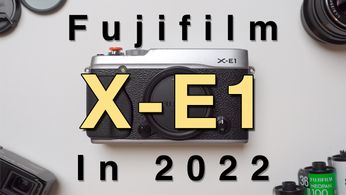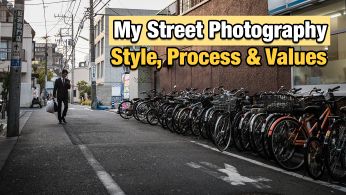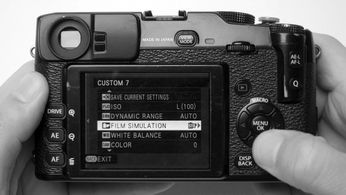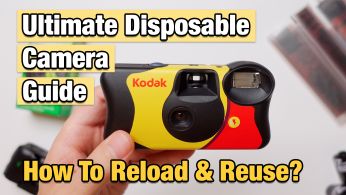
5 Tips For Aspiring Photographers & Filmmakers
Quantity or quality? Gear? Which one matters?
Table of Contents
We have talked quite a bit about camera gear on my YouTube channel and this website as well, from the most affordable entry-level disposable film cameras to the most current and exciting digital ones as well.
However, photography and filmmaking gear are not everything. In fact, I find it to be about half of the process. The other half comes from you, your mindset, your disposition, & commitment.
I want to share 5 tips that helped me, made me grow and got me to where I am today. These are just my life experiences distilled into examples and tips, things that I wanted to know and needed to hear when I started my journey.
Make Time For Your Craft
I've talked about this before, but basically, there are things we can control and some others beyond our control. Luckily for us, time is both, we don't have full control of time, we have a finite amount, and every single human being will run out of time eventually.
But we do control the time in our everyday life, the small tasks that we decide to do, or not do. This book really helped me see things from a different perspective. Make Time: How to Focus on What Matters Every Day by Jake Knap & John Zeratsky.
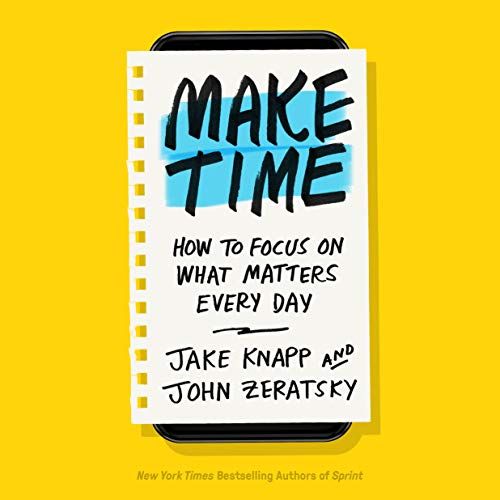
“Something magic happens when you start the day with one high-priority goal”
In this case, your goal is to practice your craft, to get better, to start doing, going out there and taking photographs, brainstorming and thinking about filming cool videos or anything along those lines.
Some of you might be younger with fewer responsibilities, no dependents, and not have things that tie you down. And some others might have a 9-5, kids, pets, a significant other to attend to as well. Regardless, you have to make time for it, it's the only way to get better at it.
Try Everything, Try Different Things
This is a personal topic, I cannot tell you what to focus on, this decision, this focus comes from within, and you should not let people tell you how to live your life.
However, what I can recommend, is to try absolutely everything. Try multiple things, do some self-exploration, and see what inspires you, and what makes you happy.
Try taking portrait photos of your family and friends, attending a local event and trying to do some event photography, or a friend's wedding as well. Take a stroll around your city, does anything stand out? landmarks, people, moments, what do you see?
Not only that, but try different equipment as well, try different cameras, not all cameras feel the same, not all cameras are a joy to use, and like it or not, that will impact your experience as well.
And doing this will provide enough data and experiences to at the very least play the elimination game: After trying every style perhaps you don't really know what you love, however, you will be absolutely sure of what you hate. And not doing things you hate is a win, in my opinion.
Quantity Over Quality
When you're starting out it's a lot more important to focus on quantity over quality. At be beginning of your journey you'll be tempted to work on a single piece, photo or video forever, and I get it, you want to make it the best it can possibly be.
However, you don't have enough data or experience to know if your work is good or not. It's not second nature yet, you haven't done it enough yet. You get more experience and hone your skills by doing it over and over again.
I recently found the book Art & Fear by David Bayles and Ted Orland, this book explains one of my favourite parables about creative work.

A ceramics teacher divides his class into two groups. Group A, would be graded solely on the quantity of work they produced, & Group B would be graded solely on its quality. And after 30 days, their work would be graded and compared to the opposite group.
Therefore group A has to make a ceramic pot every single day, for 30 days. and Group B would use those 30 days to make a single ceramic pot, the best it can possibly be.
At the end of the 30 days, the highest grades were from group A. The first 10 - 20 pots were mediocre at best, but those last 5-3 pots were incredible. Group A had tried and failed enough times and had sufficient data on how to improve and be better.
Don't get too worried about your first couple of images, should I shoot this or that? B&W or colour, raw or jpeg, weddings or street photography, crop this image or leave it as is.
I have strong preferences and opinions on each of those aspects, but that is only because I have made enough ceramic pots to understand the difference, I've gathered enough data to make my own decisions.
Be Consistent. It's Not A Race, It's A Marathon
Consistency is the most important thing in every craft, you might think that some people are naturally talented at some things, and that is what they exceed at it. And perhaps some of it is true. However, the reason why they got somewhere and achieve something is that they didn't give up.
Newton's third law: "You gotta leave something behind"
You cannot expect results, improvement, and getting at where you want to be in your craft, without leaving the amateur or beginner side of you behind. You might be a parent with 3 kids, pets, and a 9-5 and you're only able to commit 2 hours a week to your craft. That's fine. But keep at it, don't give up.
Don't force yourself, don't overdo it, don't burn yourself, it's not a sprint, it's a marathon. be consistent, and don't give up. And eventually, you'll get to where you want to be.
Learn The Technical Aspects Of Your Craft
And last but not least, you need to learn the basics and technical aspects of your craft. The exposure triangle, how to expose correctly, how to shoot in manual mode, what focusing method works best for your style of photography, and what metering method you feel more comfortable with. etc.
These things are important, and I've made several videos regarding exposing correctly, shooting in manual mode, and setting up several cameras as well.
YouTube Video
This is a summary of my YouTube Video, you can watch the whole piece here:


